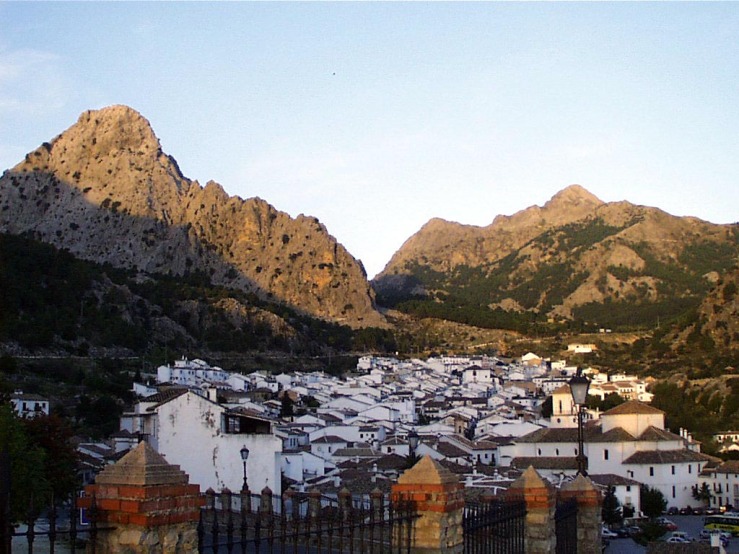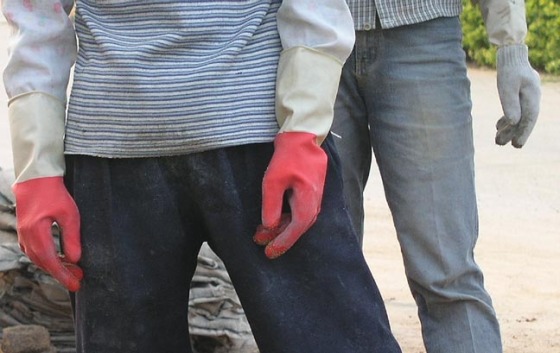Hope had many choices and she chose Exile. They married at the Cathedral of Dreams and ran through fields over Spanish mountains to the edge of the Mediterranean.
“There’s a big world out there,” Hope said to Exile pointing over the sea.
“Yes and that’s only the top of it. Let’s share an orange,” Exile said to Hope.
“Yes,” said Hope, smiling at real and imaginary worlds over the horizon, “we will sacrifice the peel to enjoy the fruit. Delicious.”
Hope birthed Patience. Raising Patience was a test for Hope and Exile because she gave them the test first and the lessons later.
Exile was a strange wild bird and while he loved Patience she challenged it, his love. She tested his stability, honesty, devotion and his way of constructing a world inside a world, a universe inside the swirling molecules of their experience. He was a risk taker not a ticket taker and Patience admired this reality.
They studied and evaluated their character traits and imperfections. They took personality tests. Patience tested his trust, his ability to forgive and forget with gratitude and love. Patience handed him small portions of fear, anger, jealousy, ignorance, and desire. He created a diamond reflecting 10,000 things. These were the things Patience cherished.
Hope was relieved when she saw Exile was content. She didn’t know how long it would last. He always enjoyed living on the edge of somewhere else.
The old forest when they saw the axe handle entering, said, “Look it is one of us.”
“No one dies,“ Exile said one evening as they chopped and carried wood on the edge of a rain forest.
“No, I suppose not,” said Hope. “Patience will never die. She will live forever because she has a magic about her. I felt it before she was born. It was like a stream of light was floating inside me.”
“She is radiant,” Exile said. “She is beauty, truth and wisdom incarnate. She will learn how to float, how to project her spirit energies. She will be a fine healer.”
Exile raised Labrys, his double bladed laughing axe above wood. Streams of splinters blasted into twilight. Exile chopped and Hope carried. These were the choices they made as the moon rose through orange and blue streaks of light.
“He went to the cemetario today,” Hope said.
“Who?”
“The forcestero, the outsider.”
“He was there yesterday as well, why?”
“Visiting the spirit sources.”
“Indeed,” said Exile, “they will be out tomorrow with the full moon. Clearly.”
Hope and Exile danced in the meadow under the moon.
Light pierced their being and they floated. Nobody else saw them floating. They were protected by a veil of light dancing behind a curtain of surrender. Their spirits were free of their physical being. They were free spirits in a free world blessed by their imaginary limitations.
They left their temporal bodies and floated down to the Rio Guadalete to combine their energies with water. The water was clear, cold and delicious. It flowed from dark gray Sierra mountains in a rush of sound through a rocky path. It flowed flowers absorbing their scent inside water.
As petals danced in air Exile and Hope gathered warm flowers around them below the moon. They ran along the valley through fresh turned soil, past olive and cork trees, inside forests of pine, fir, evergreen, pinsapar, maple and trees without a name.
Bare trees pointed at the moon.
“Look there,” trees said, pointing thin branches toward the sky, “there, there we are.”
Trees pointed to pulsating white stars. “Yes,” they sang, “there we are.”
“Look,” said one, pointing far away, “there we are.”
“And there and there,” they sang reaching every direction. The wind listened to the stars whisper secrets telling star tales seeing star trails across the emptiness of sky inside the vast vacuum of silence.
Hope and Exile were light.









 Share Article
Share Article 




